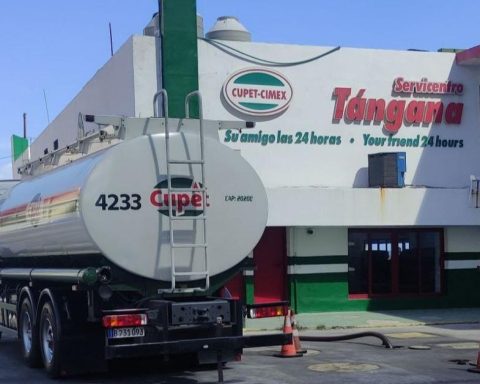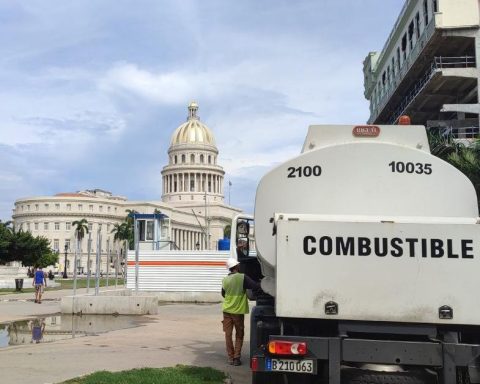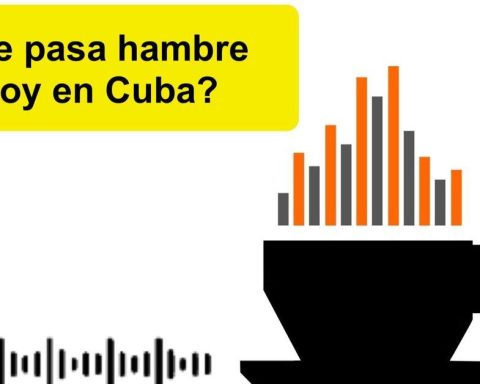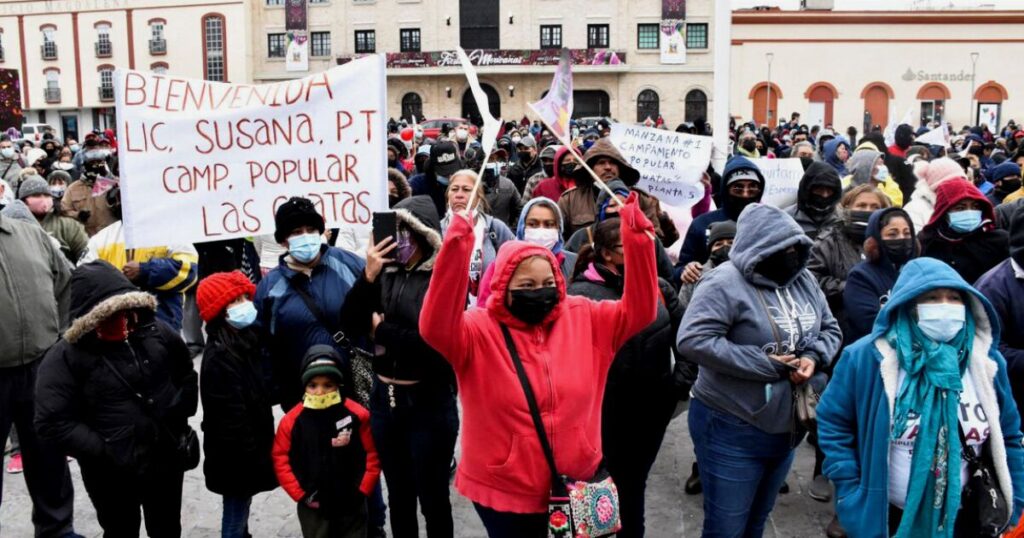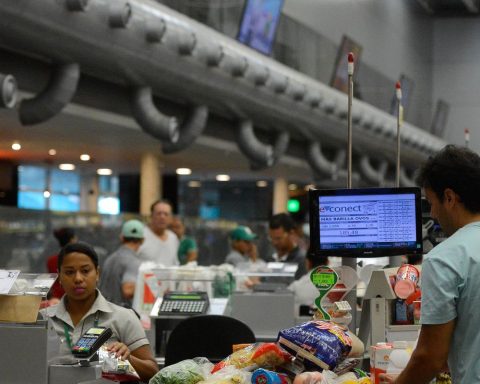As small as a debt may seem, if neglected it can turn into a ‘snowball.’
Ecuadorians have low levels of financial education and are easy prey for the on indebtedness. On average, a family has about $4,500 in debts to pay.
One of the factors causing this situation, apart from the crisis and low incomes, is that more than 50% of people let calls phantom debts become a ‘snowball’.
Those phantom debts are those you don’t remember or didn’t know you had, usually for less than $100. They can be debts to banks, but above all they are characterized by being to non-financial entities, such as telephone operators, retail stores, beauty companies, among others.
Although the amount is not significant in relation to other obligationsif neglected, it can grow due to fines and interest, and even become a headache due to legal processes and coercion by non-payment.
Affectation of credit history
According to a study of World Economic Forumthe phantom debts they can gradually accumulate until they take away up to 20% of your budget for additional expenses.
Also, anything you don’t pay is recorded in the credit history and becomes an impediment to access financing for a business, buy a necessary household item or apply for a job.
Verónica Muñoz, a personal finance advisor, explained that all accounts and documentation generated, for example, when changing the operator of mobile phone or cancel a credit card.
“Any outstanding value, no matter how small, can become a headache if not caught early. A dollar that is not paid, can be transformed into a phantom debt of $30″, he pointed out.
How to avoid ghost debts?
Record your payments
It is important to make a payment schedule so as not to forget any of the obligations. You can keep track in a notebook, in an Excel sheet or through an application of control of finances.
If you cancel a service, verify the debts
If you changed your mobile or cable operator, you should check if you have any balance payable. It is also important to check that there are no pending cents when canceling a bank debt, that can generate a snowball with interest and surcharges for years.
Review the terms and conditions
In the case of the credit card or contracted services, you should see if they include a membership. If so, you shouldn’t leave. outstanding amounts. Find out how they can be exempt from that payment.
Change of ownership
If you sell any property, such as a vehicle, it is important that you manage the effective change of ownership, or owner, because they could endorse you violations, fines and even debts of the new owner.
Periodically review credit history
Anyone can verify, free of charge, their credit history through a request to the Superintendency of Banks.
All current, expired or canceled operations during the last three years are included in the Registration of Credit Data, which is managed by that controlling entity.
This information is fed by obligations that each person has in financial institutions (banks, cooperatives and mutuals), the commercial sector (mobile operators, stores, etc.) and insurance companies.
The recommendation is that this information be reviewed at least every three months, in order to keep up to date with its true credit situation. This will help you prevent a small debt from becoming a bigger problem or even noticing unauthorized transactions and improper charges.
The credit history can be consulted in this link. You can also contract the service of the so-called private credit bureaus, which monitor your accounts on a daily basis. (JS)

